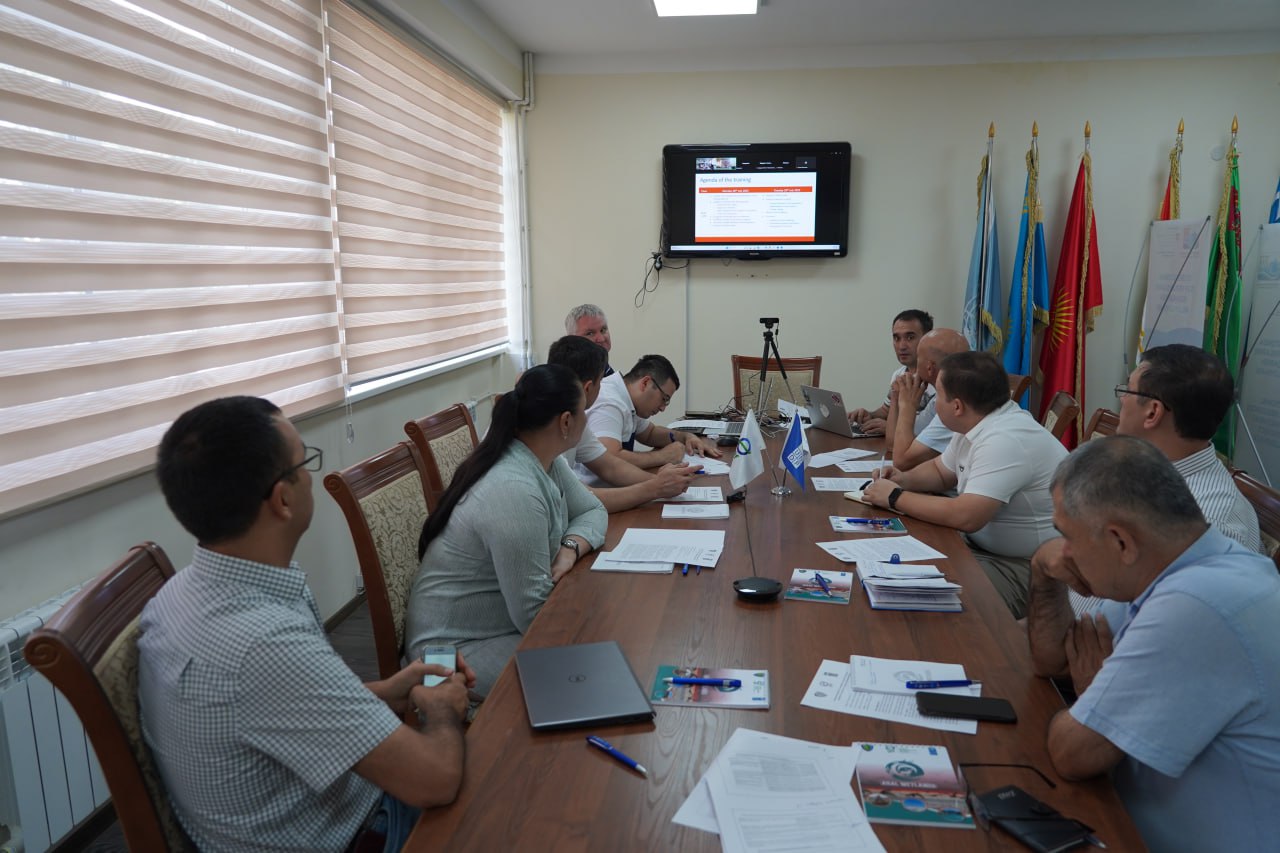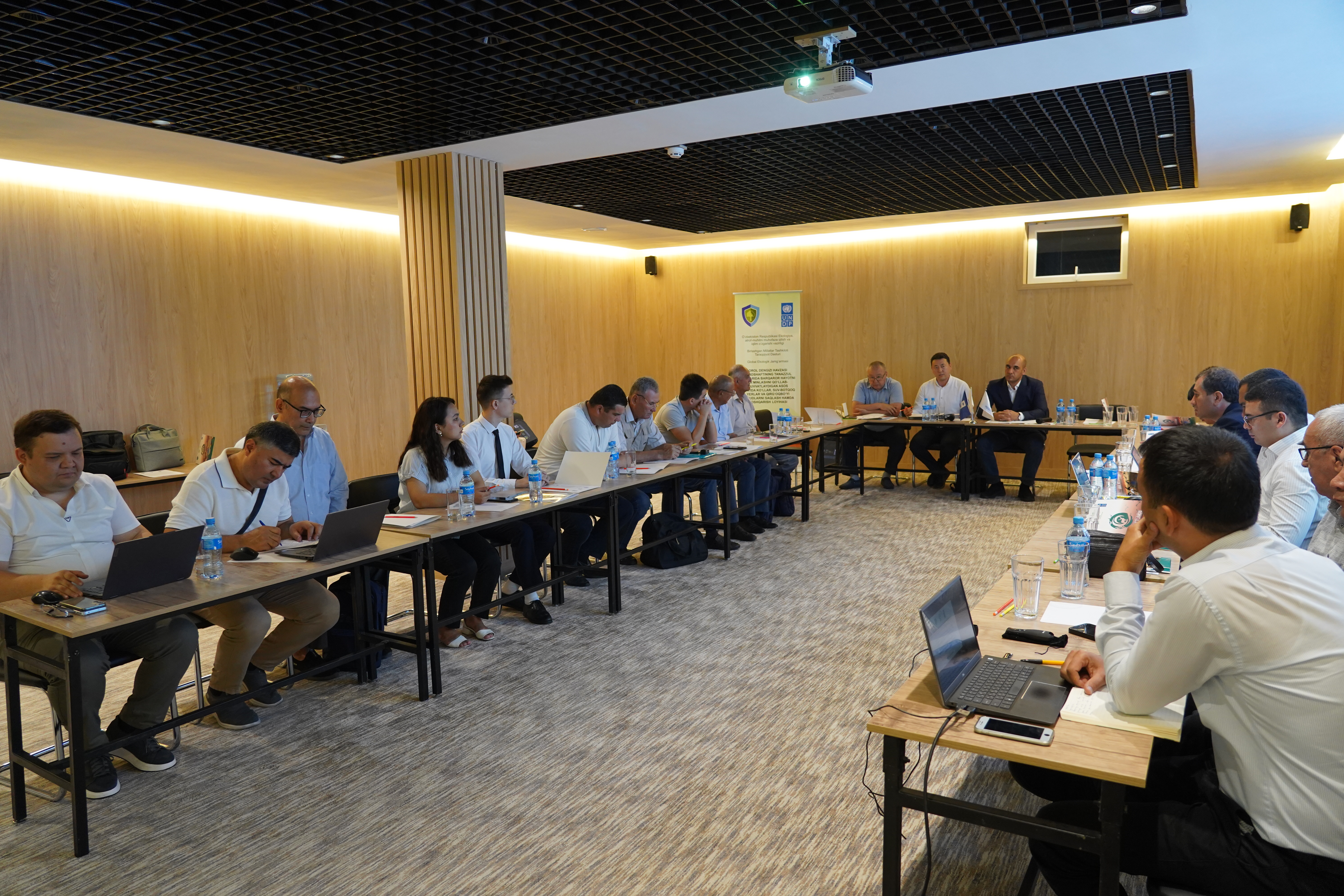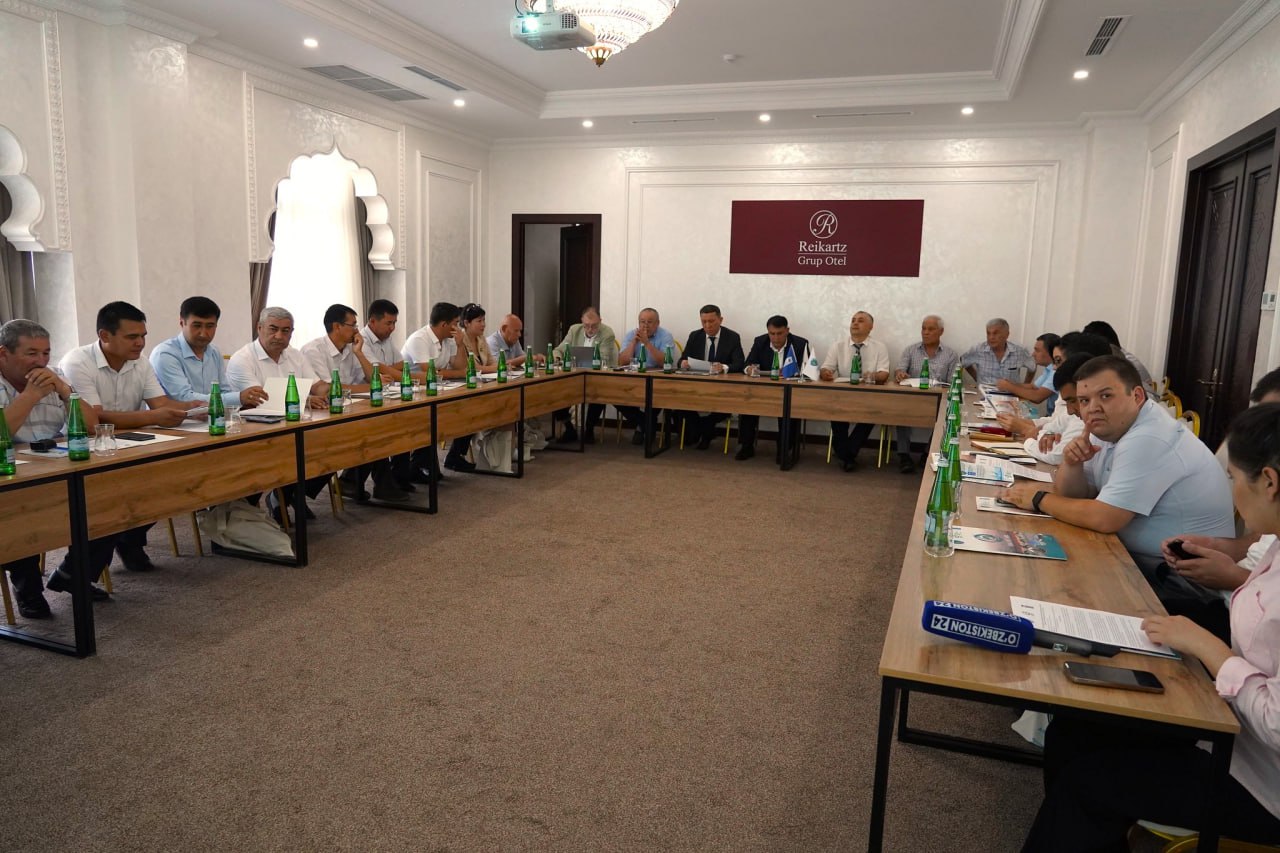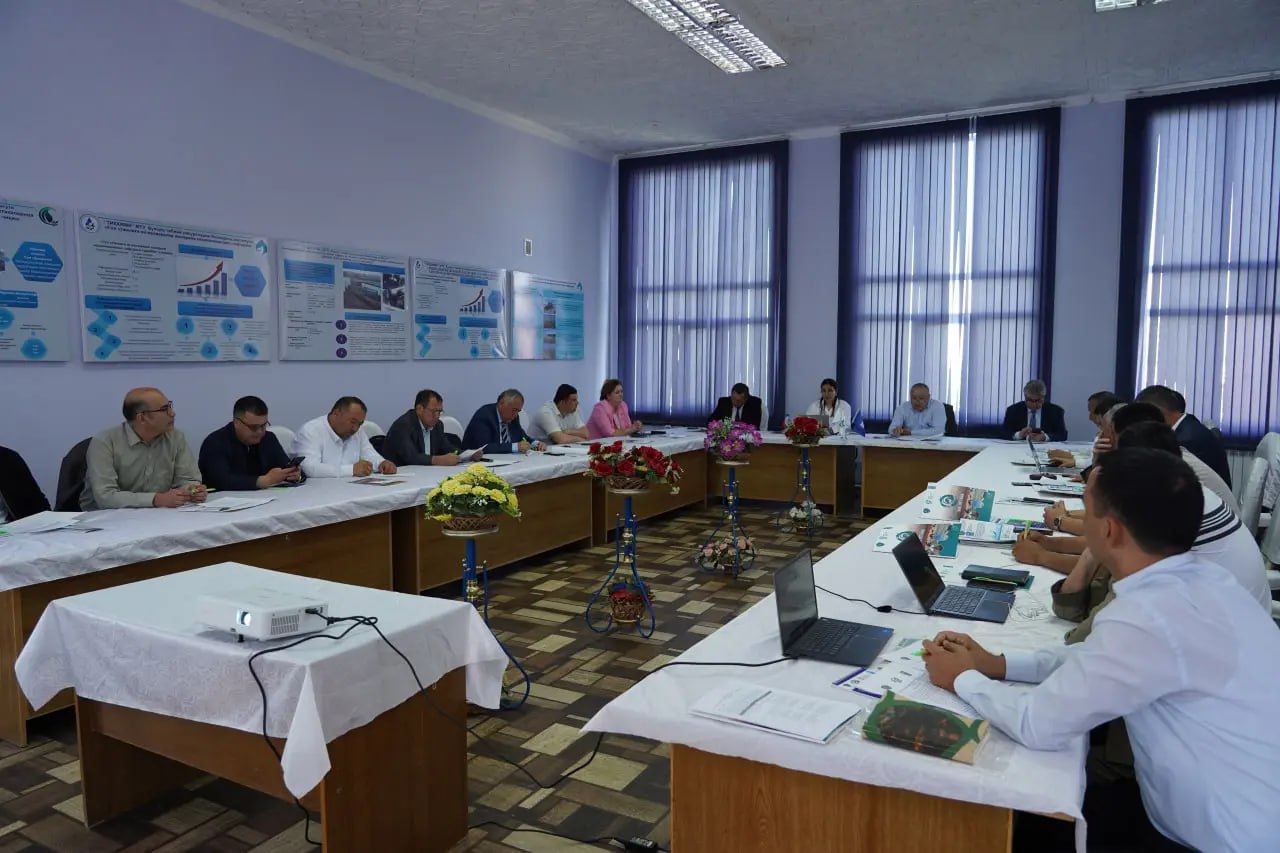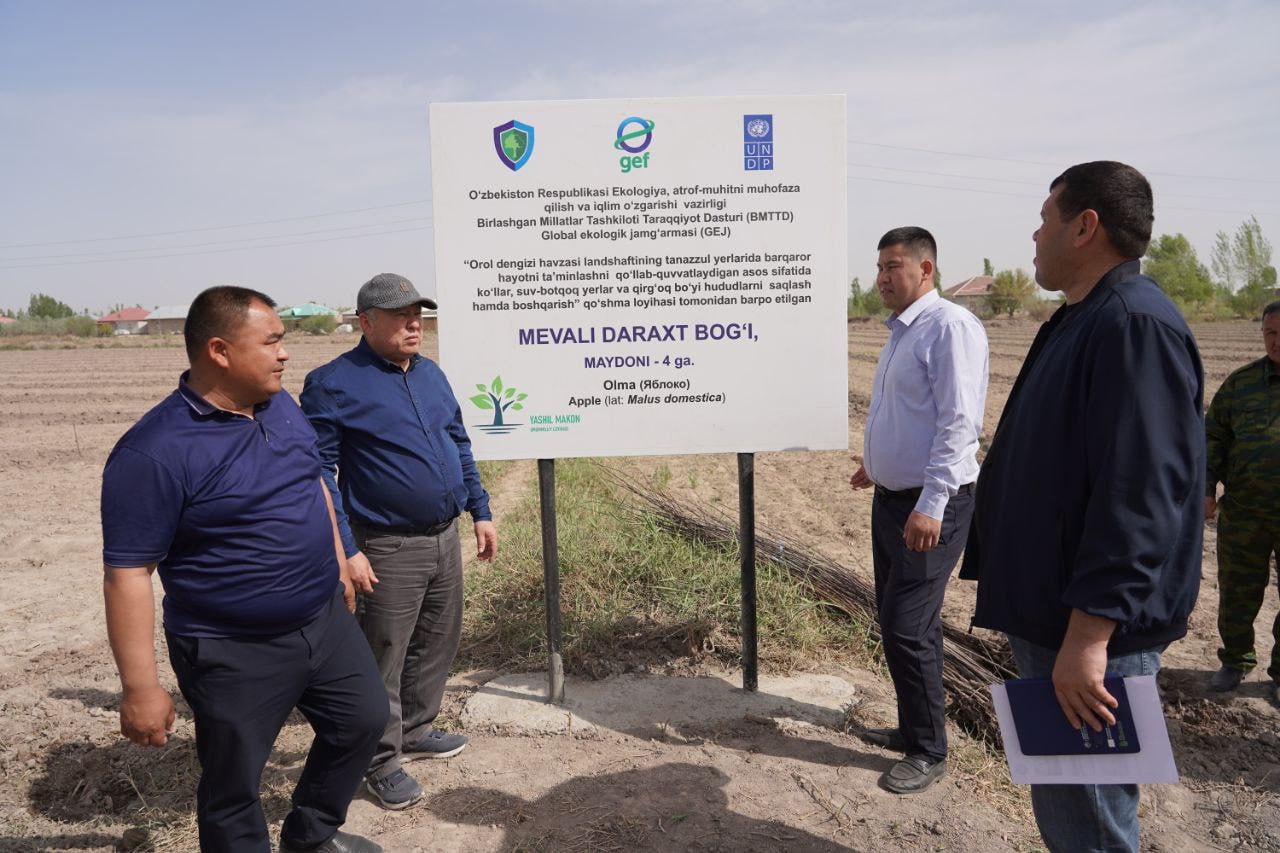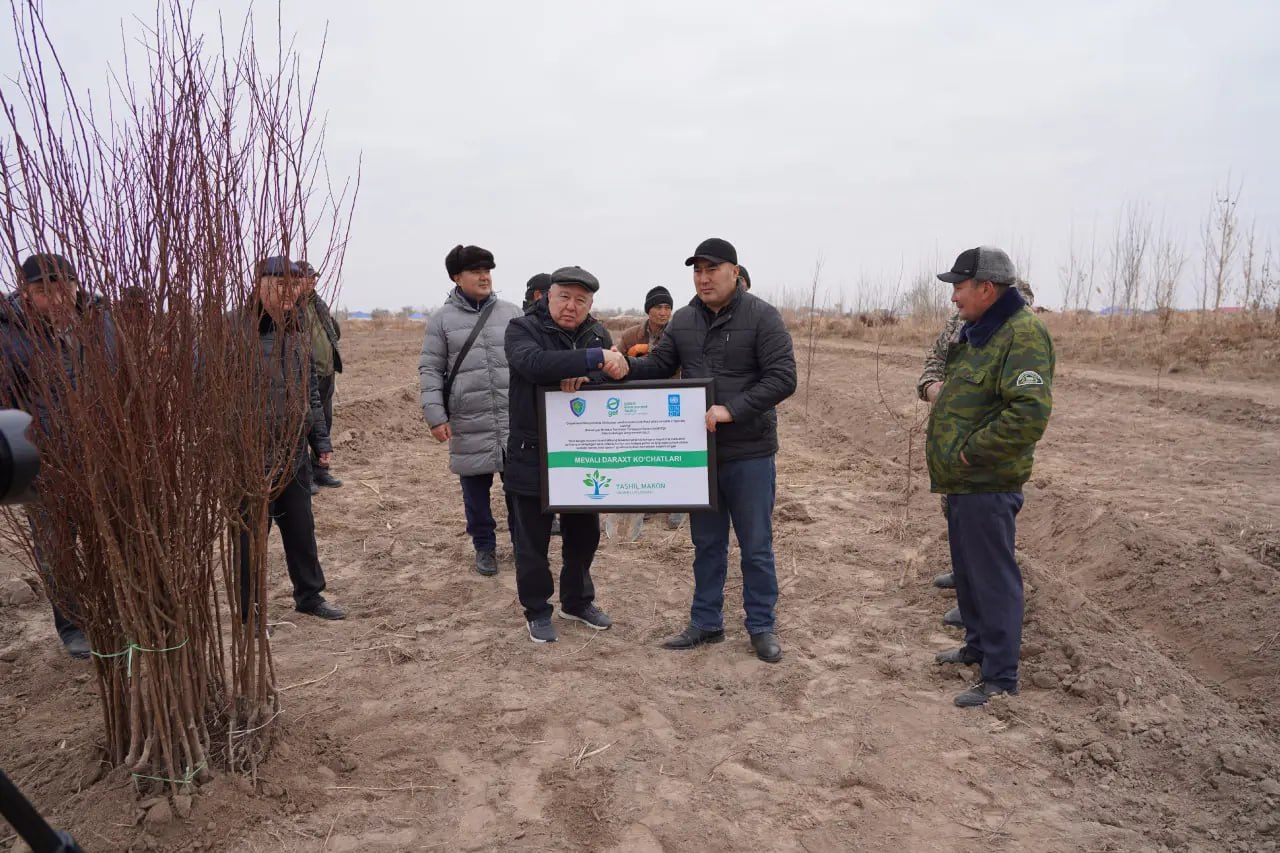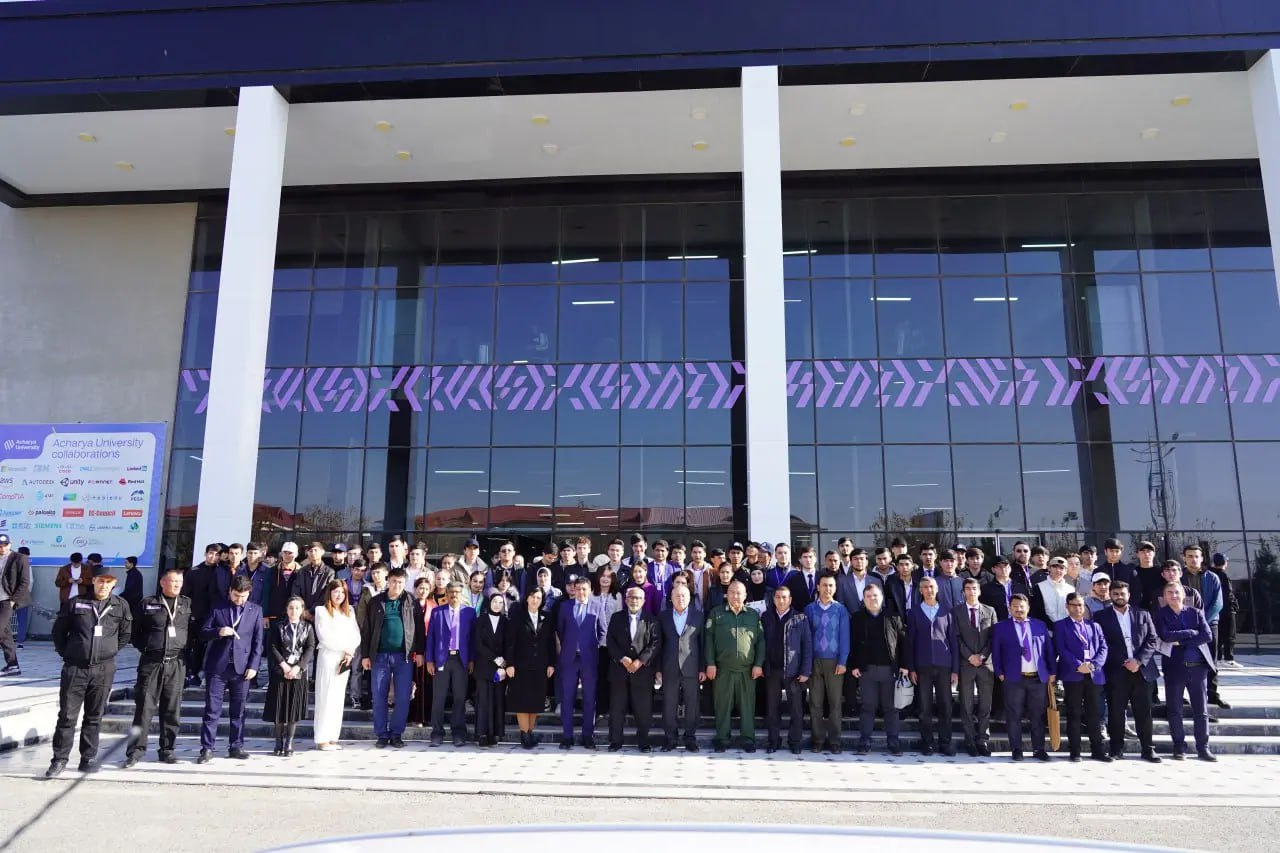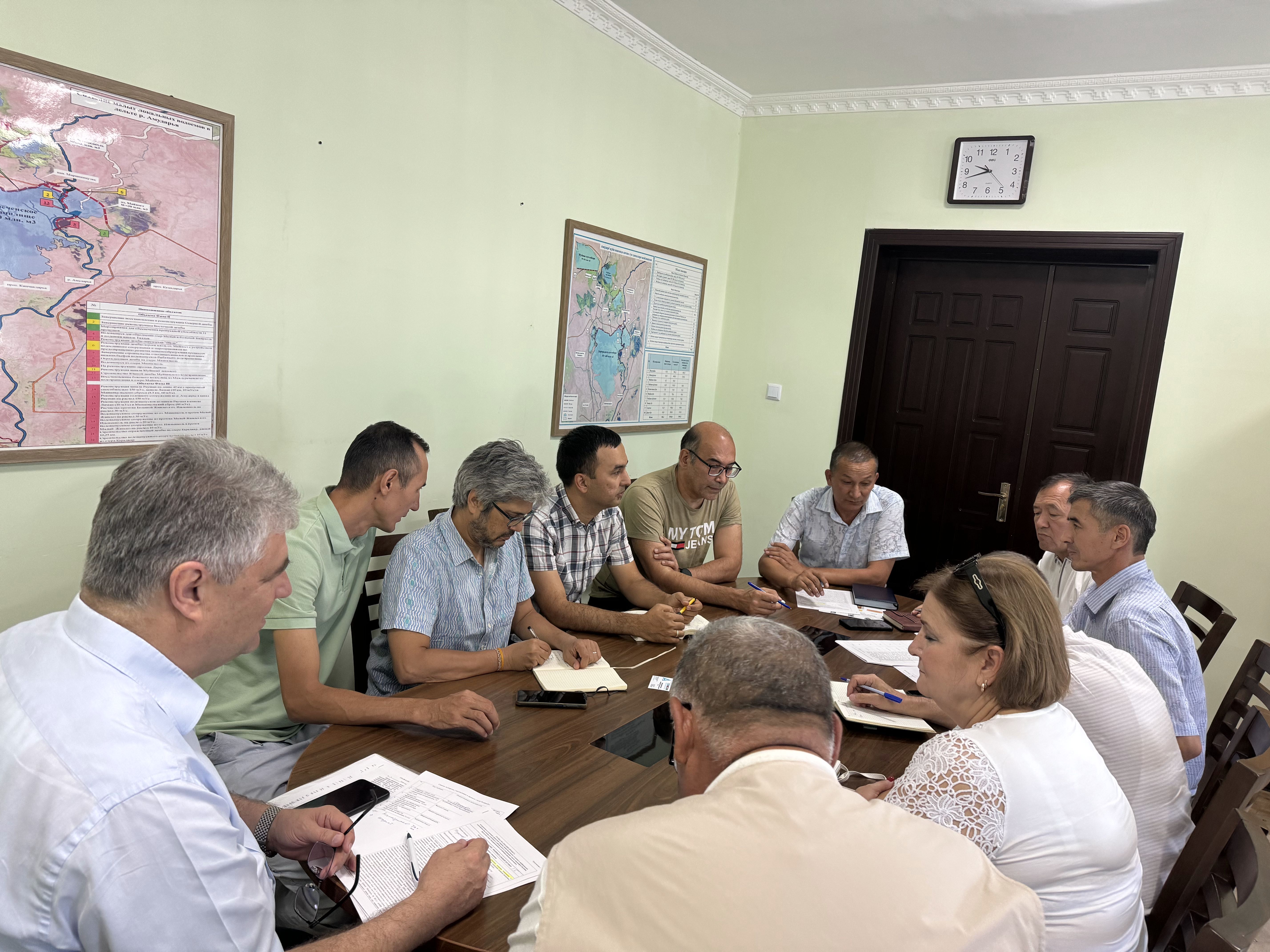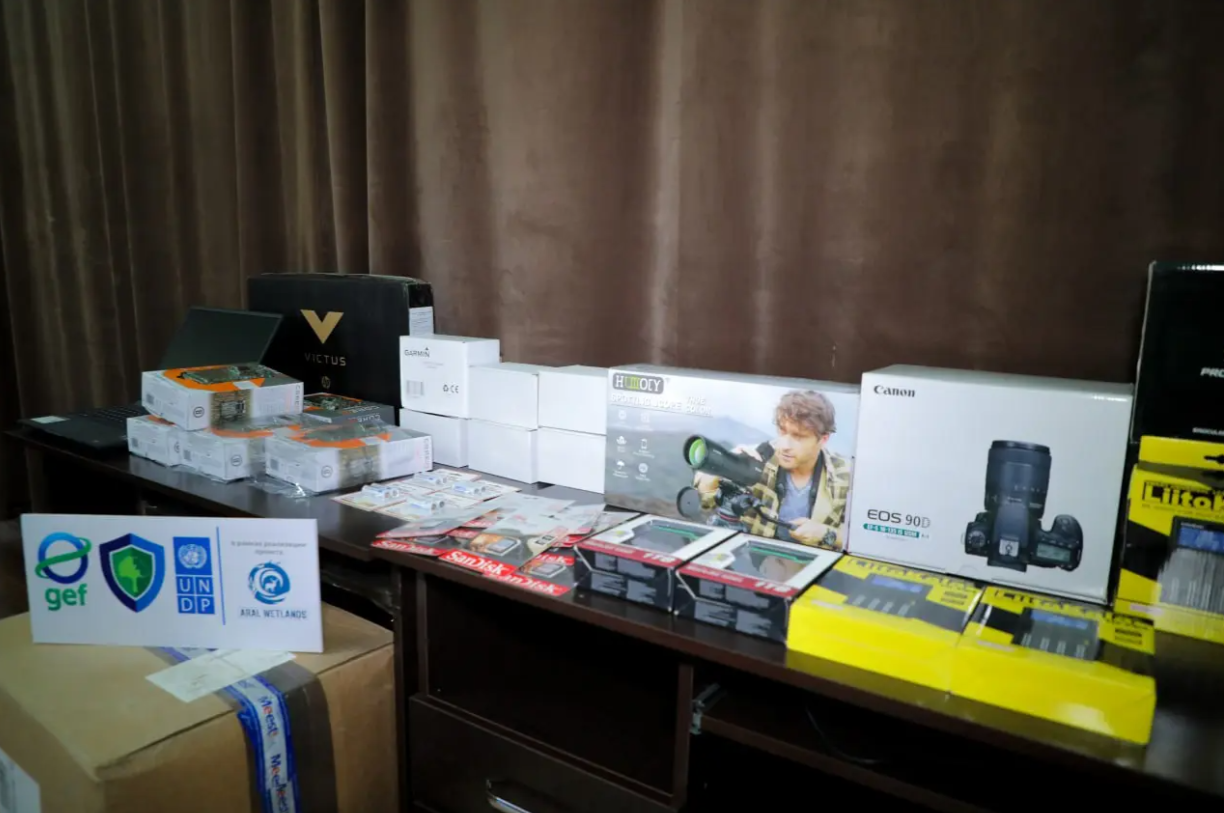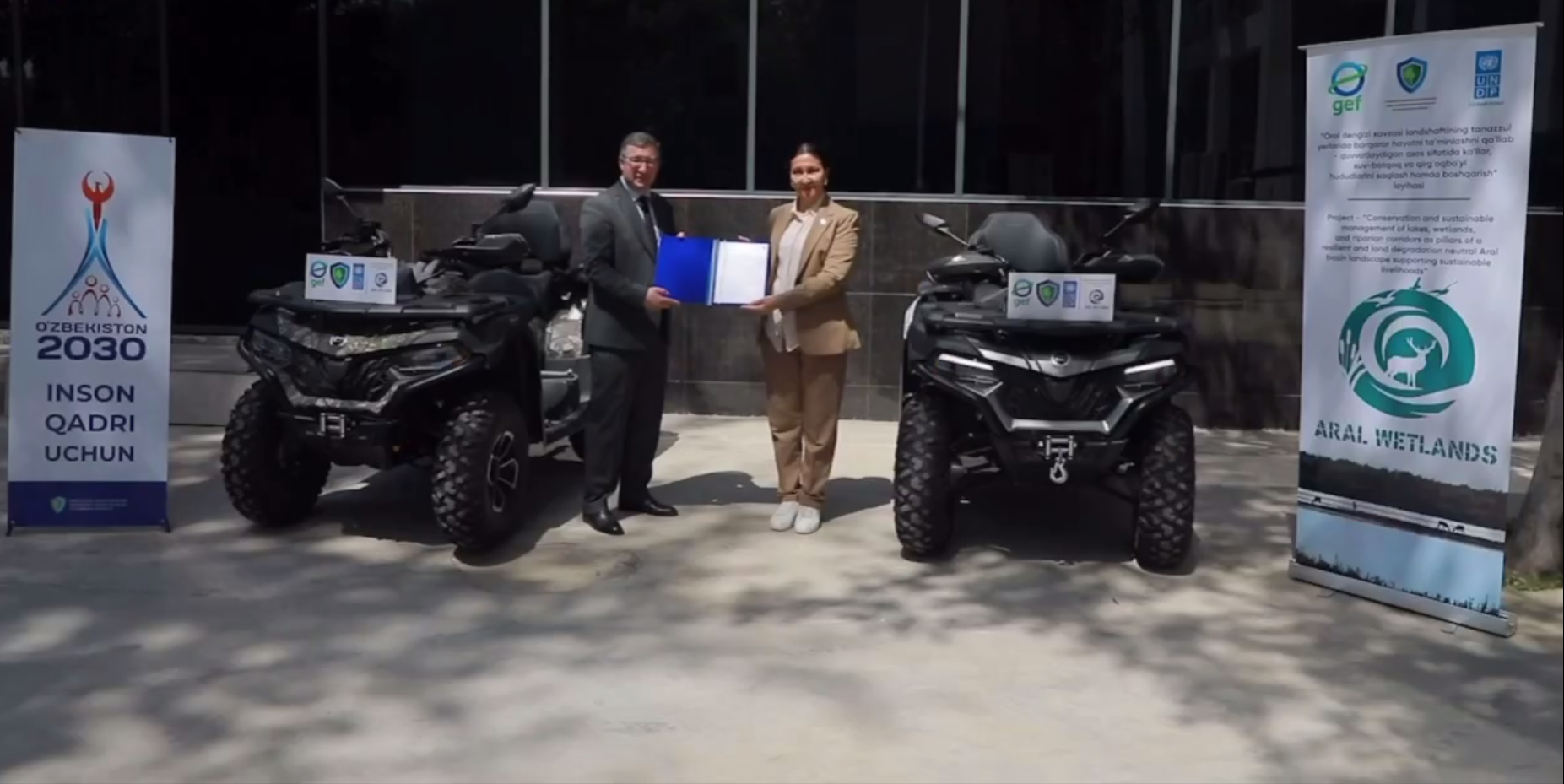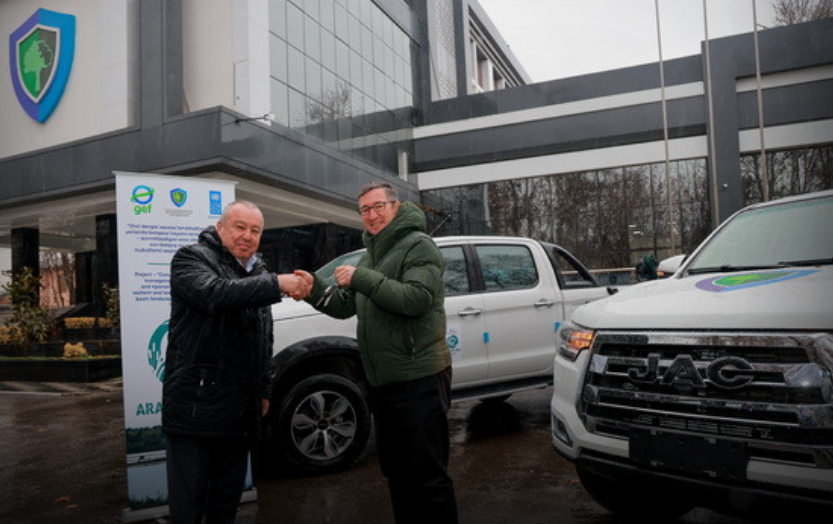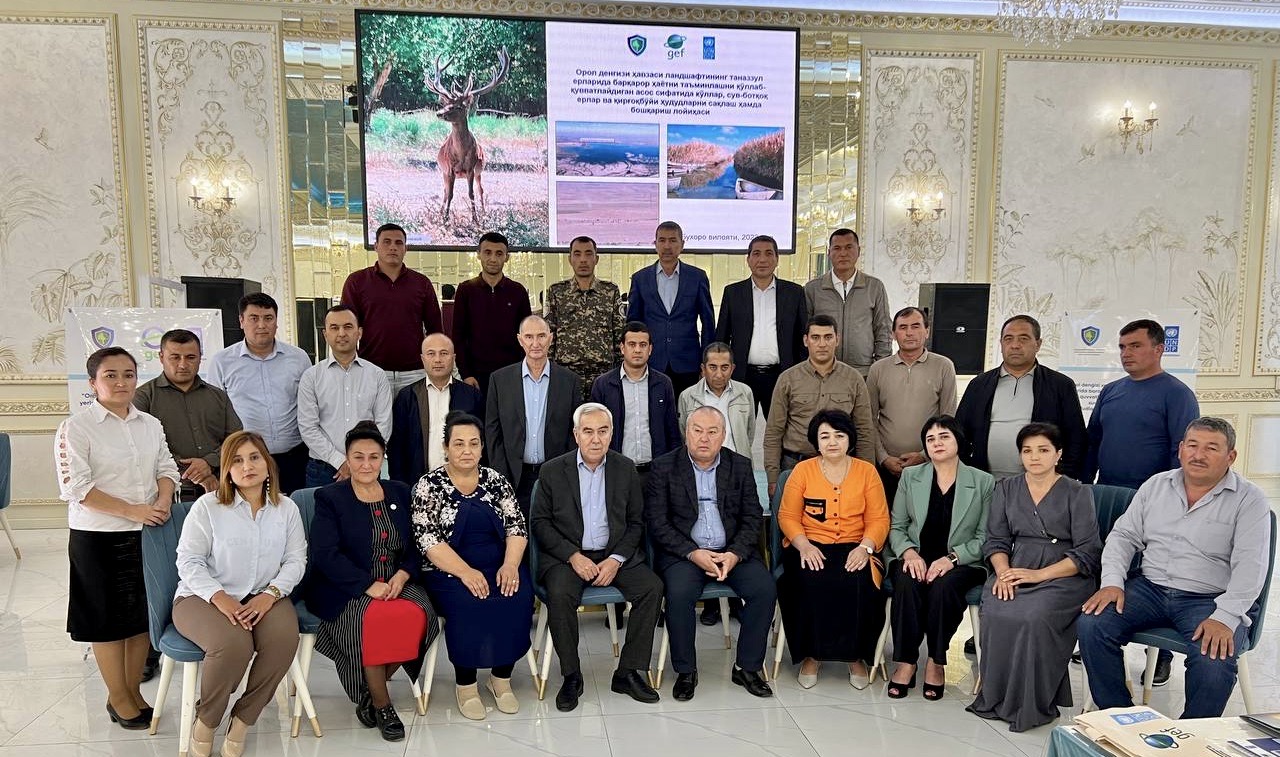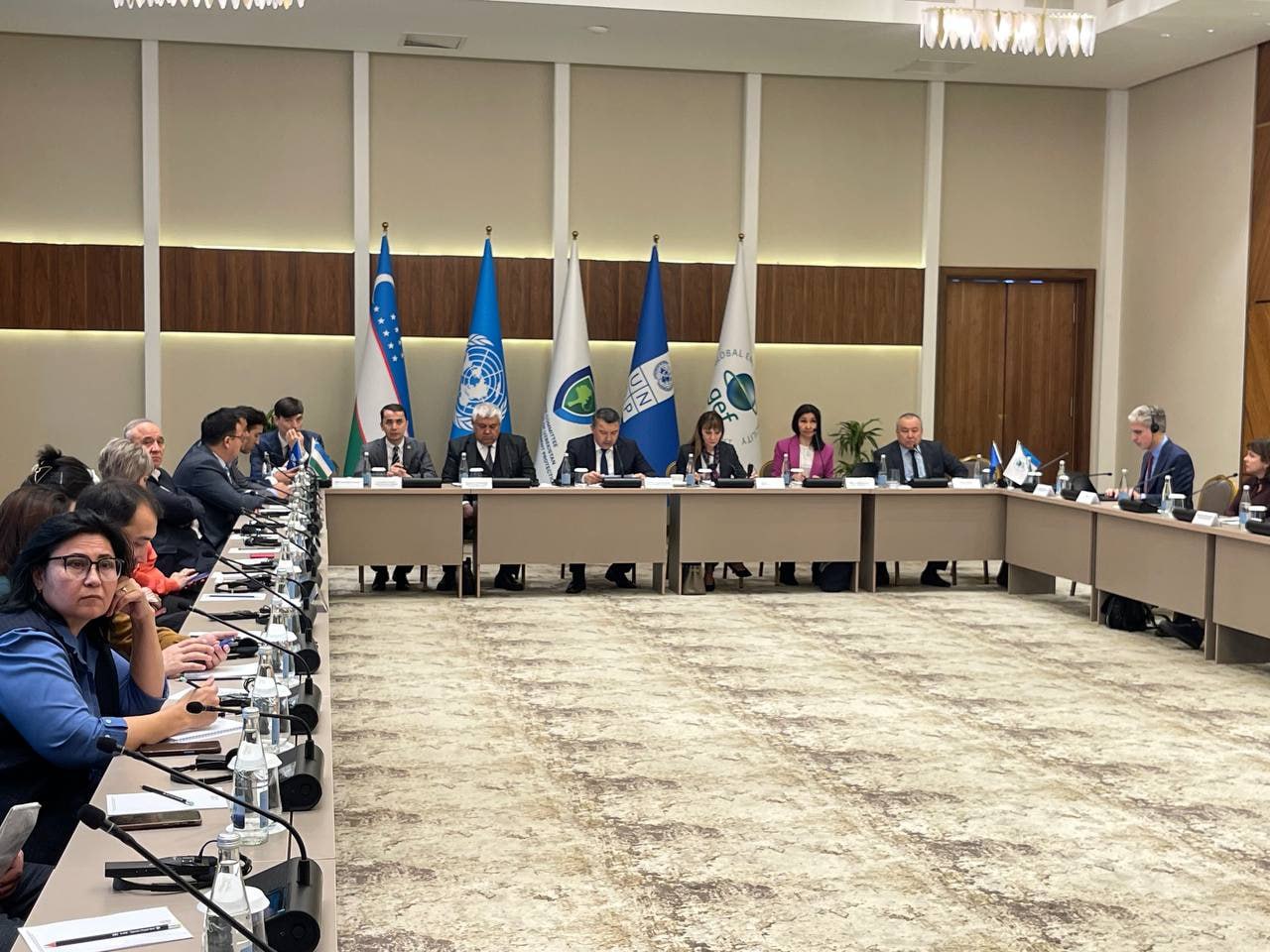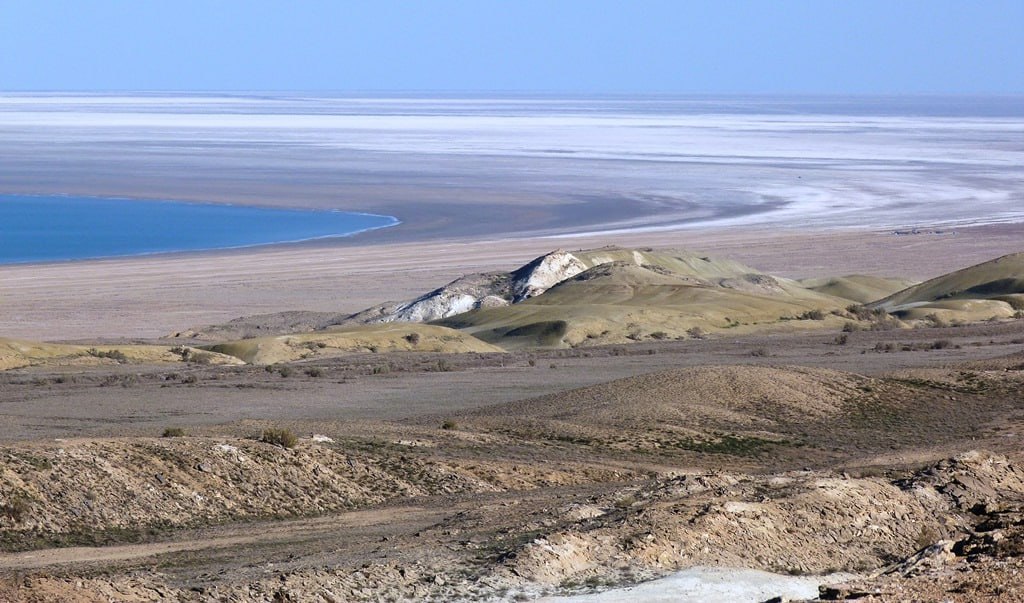

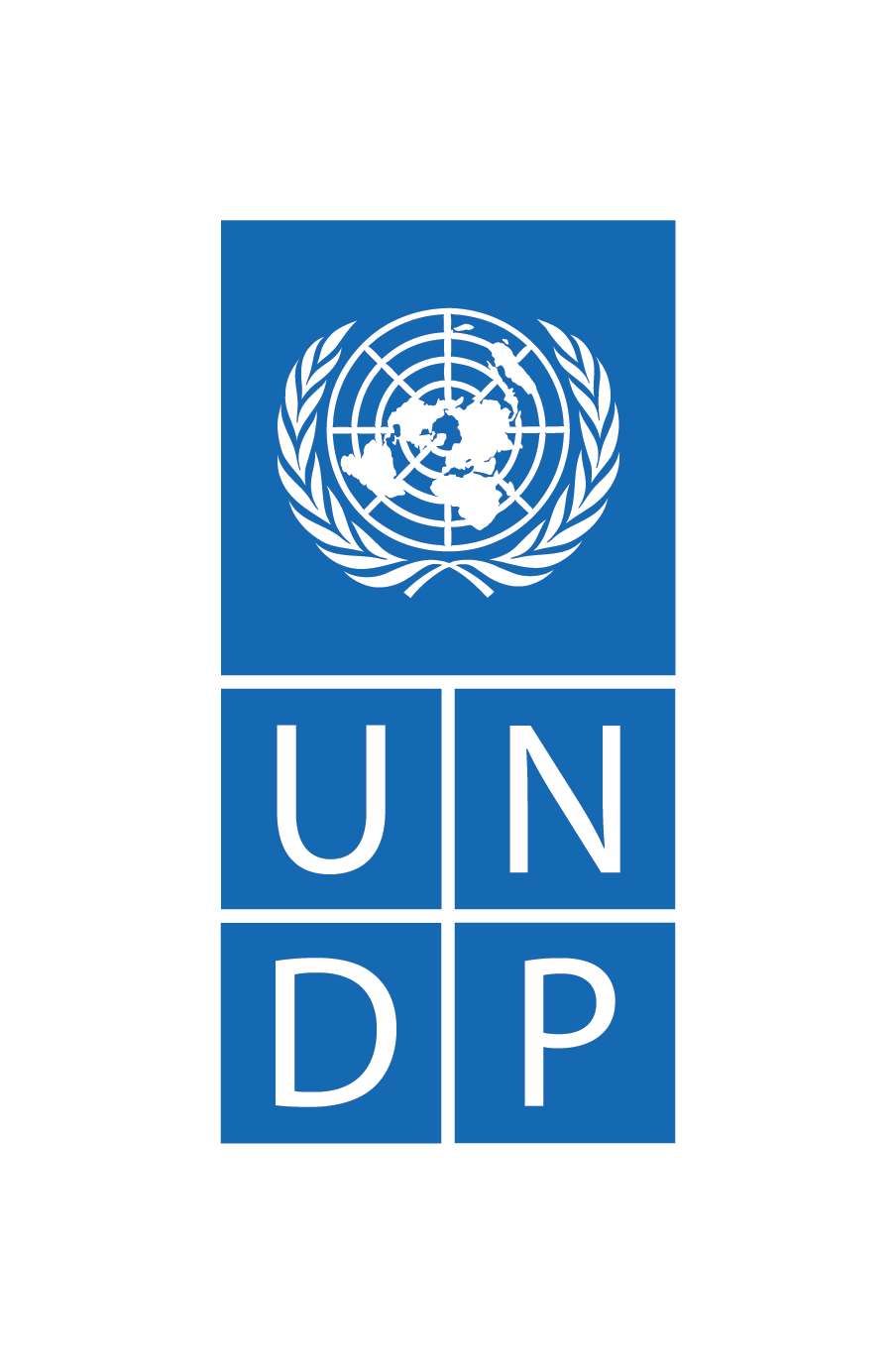
EVENTS
Home > Events
Strengthening Capacity in Water Allocation for Agriculture
and Ecosystems in the Aral Sea Basin
July 28-29, 2025
On 28-29 July 2025, the UNDP-GEF project “Conservation and Sustainable Management of Lakes, Wetlands, and Riparian Corridors as Pillars of a Resilient and Land Degradation Neutral Aral Basin Landscape Supporting Sustainable Livelihoods” successfully conducted a two-day technical training on “Water Allocation Scenarios for Irrigated Agriculture and Biodiversity Conservation.”
The training was held in a hybrid format, with in-person participation at the IFAS Agency Conference Hall in Tashkent and online access via Zoom. It brought together over 40 participants, including national experts, representatives of the Ministries of Ecology, Water Resources, and Agriculture, researchers, hydrologists, water users, and field coordinators from Bukhara and Karakalpakstan.
Special thanks were extended to the International Fund for Saving the Aral Sea (IFAS) for their generous support in hosting and co-facilitating the training, and to national partners for providing vital data that formed the basis of the analysis.
Led by Dr. Devaraj de CONDAPPA, International Hydroclimatic Modeling Expert, the training introduced participants to the WEAP (Water Evaluation and Planning) system—a scenario-based tool used for integrated water resource management. Sessions covered real data analysis from the Lower Amudarya Basin (LADAB), stakeholder consultation results, climate change projections, and scenarios for water distribution between irrigation and ecosystem needs.
Participants engaged in technical discussions on water supply and demand estimation, ecological flows, and policy implications, contributing valuable insights to refine the modeling work. The training supports Uzbekistan’s strategic frameworks, including the Concept for Water Resource Development (2020–2030) and the Concept of Environmental Protection until 2030, while also reinforcing obligations under the Ramsar Convention.
By empowering local and national stakeholders with practical tools and knowledge, the training has strengthened the foundation for more balanced, inclusive, and sustainable water management in the region.
